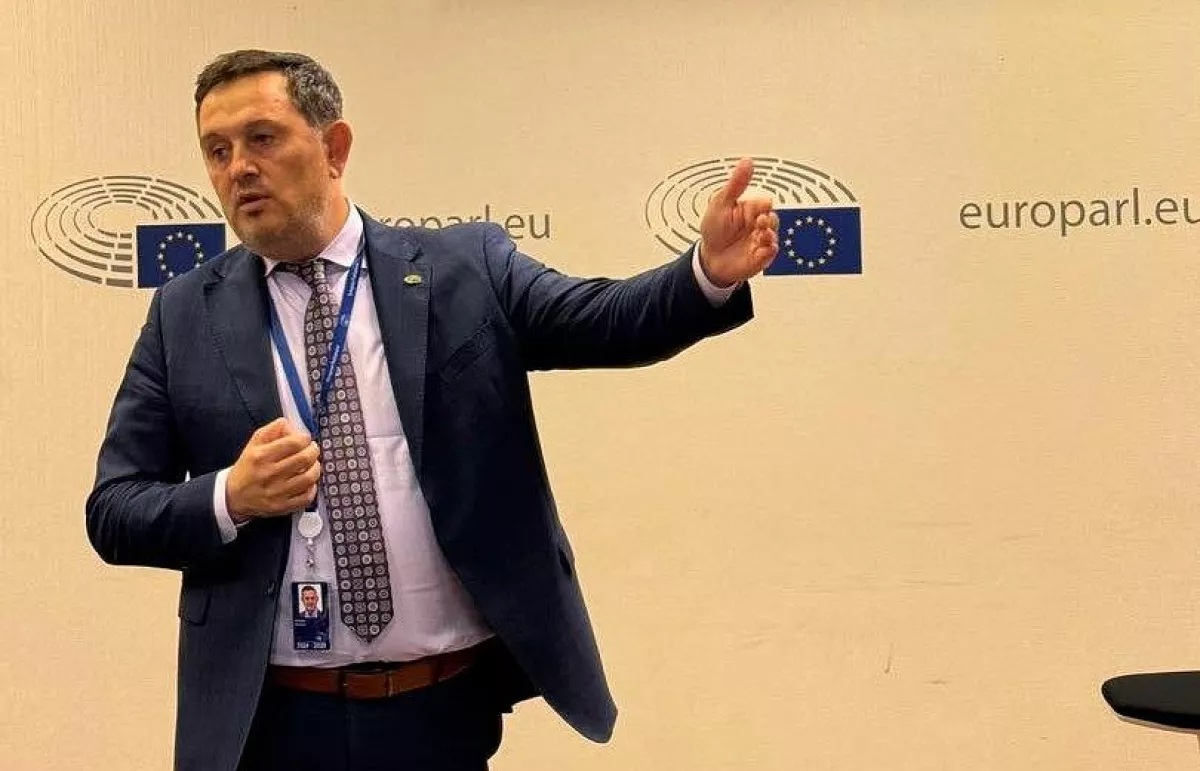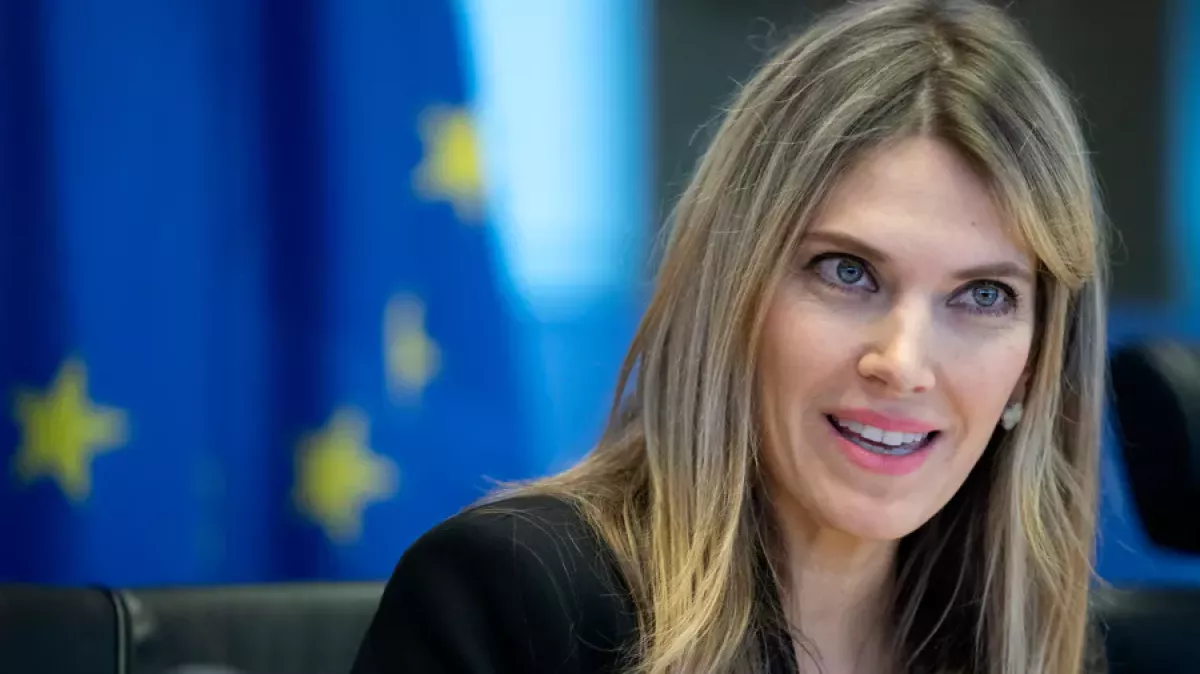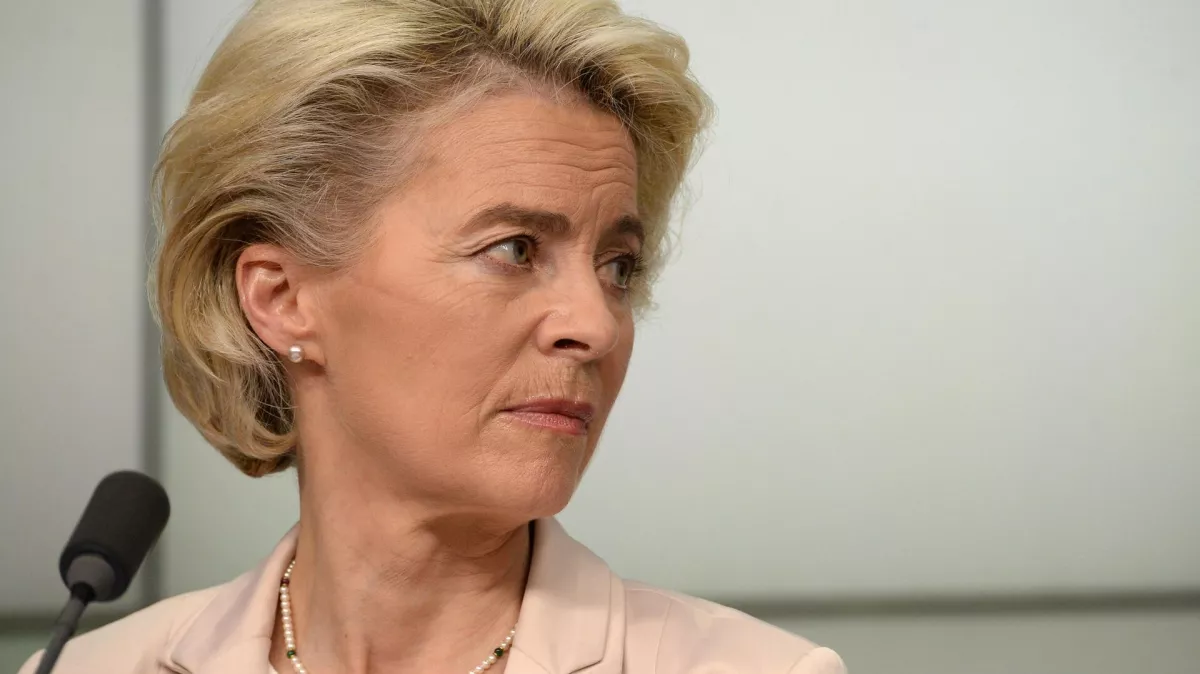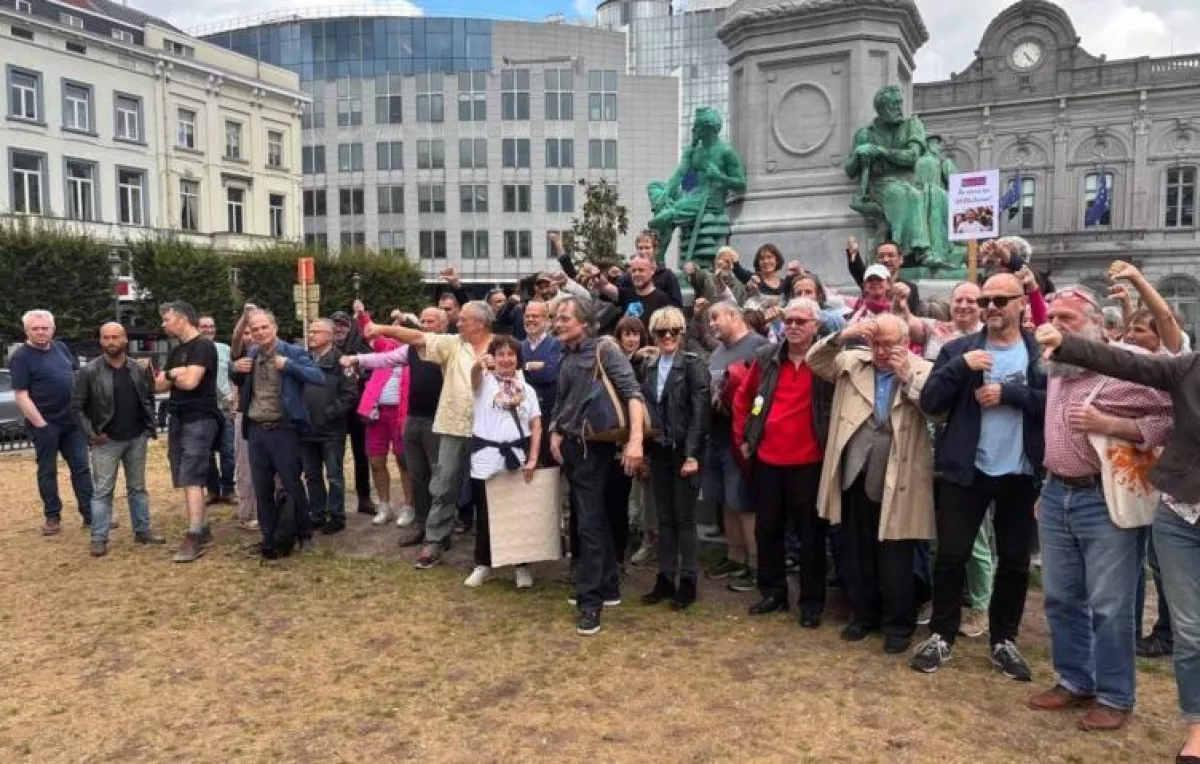Deleted correspondences and billions of euros What is Brussels hiding?
On July 7, discussions began within the walls of the European Parliament (EP) regarding an initiative to issue a vote of no confidence in the head of the European Commission (EC), Ursula von der Leyen. The basis of the complaints was “lack of transparency and improper management during the pandemic.”

Simply put, this concerns suspicions of corruption schemes in the procurement of COVID-19 vaccines. The initiative was put forward by the vice-chairman of the right-wing faction “European Conservatives and Reformists” (ECR) from Romania, Gheorghe Piperea, and it gathered the required number of votes to hold hearings.
The proposal was supported by 74 MEPs, of whom 31 are representatives of the ECR. The occasion was contracts worth nearly 2.7 billion euros concluded on von der Leyen’s initiative with the company Pfizer— even before the clinical trials of the vaccine were completed.
It is noted that to date, all SMS correspondences related to the conclusion of these deals have been destroyed. However, even at early stages of the investigation, it was acknowledged that the contracts were signed in violation of established legislative procedures.

For some, the spread of such information may seem sensational. But in reality, similar episodes have already become almost routine for the European Union. It is enough to recall the corruption scandal three years ago involving the Vice-President of the European Parliament, Eva Kaili.
Also remembered is the March raid by the Belgian federal police carried out as part of an investigation into corruption in the European Parliament. At that time, a representative of the Belgian prosecution office stated that the investigation was being conducted on preliminary charges of corruption, document forgery, and money laundering in the European Parliament.
So what is happening today in the European Parliament no longer causes much surprise—especially against the backdrop of how European officials like to boast about their commitment to democratic values and their efforts to “export” them to other regions of the world.
The question arises: is such “democracy” really worth dragging along by the hand?
As for the current initiative, experts agree that its chances of success are minimal. The main reason is the support for Ursula von der Leyen from the largest EP faction — the European People’s Party (EPP), of which she is a member. Furthermore, other influential factions — the Socialists and the Liberals — will most likely also vote in her favour. This means the proponents of the vote of no confidence will fail to gather the required two-thirds majority.
Nevertheless, some analysts believe that for the initiators of the action, it was more important to create a precedent whereby the head of the European Commission would be forced to report to the Parliament regarding the corruption allegations.
However, the question remains open: to what extent is the position of the EPP a demonstration of democracy? After all, if evidence of corruption is presented during the debates but members of the faction still remain among those who deny the obvious — can this really be considered a “lesson in democracy”?

In her defence, von der Leyen, when commenting on the situation, focused not on the substance of the accusations but on attacks from the right-wing parties. She accused them not only of sympathising with Russia but also of extremism, claiming they were acting under the influence of “puppet masters in Russia or elsewhere.” At the same time, she framed her position as a defence of democracy, allegedly facing serious challenges from “anti-liberal forces spreading fake news and threats.”
According to the head of the European Commission, everyone must make a choice — either support the vote of no confidence against her or not allow “crude attempt to drive a wedge between our institutions, between the pro-European, pro-democratic forces of this house.”
Observers note that the essence of what is happening is not really about the right-wing parties’ ties to Moscow. Far more important is the fact that an obvious corruption problem is being used for political purposes.

Notably, on July 7, a rally took place outside the European Parliament building with only about 50 participants demanding a transparent investigation. According to some media outlets, such low turnout may indicate that these kinds of scandals have already become commonplace. The public simply ignores the discussions, lacking faith in the objectivity of any possible parliamentary decision.
Regardless of the outcome of the 48-hour discussions, it is worth noting that the issue of the “European Union — vaccines” was already raised in 2021 by the President of Azerbaijan, Ilham Aliyev.
Speaking at the 2nd OIC Summit on Science and Technology and during the 76th session of the UN General Assembly, he sharply criticised developed countries for their unwillingness to share coronavirus vaccines with developing countries.
Thanks to Azerbaijan’s efforts within its chairmanship of the Non-Aligned Movement, the issue of “vaccine nationalism” became a subject of global discussion.
In this context, the question arises again: does the European Union truly zealously uphold democracy in its commonly accepted understanding — or is this merely a show for the public?








